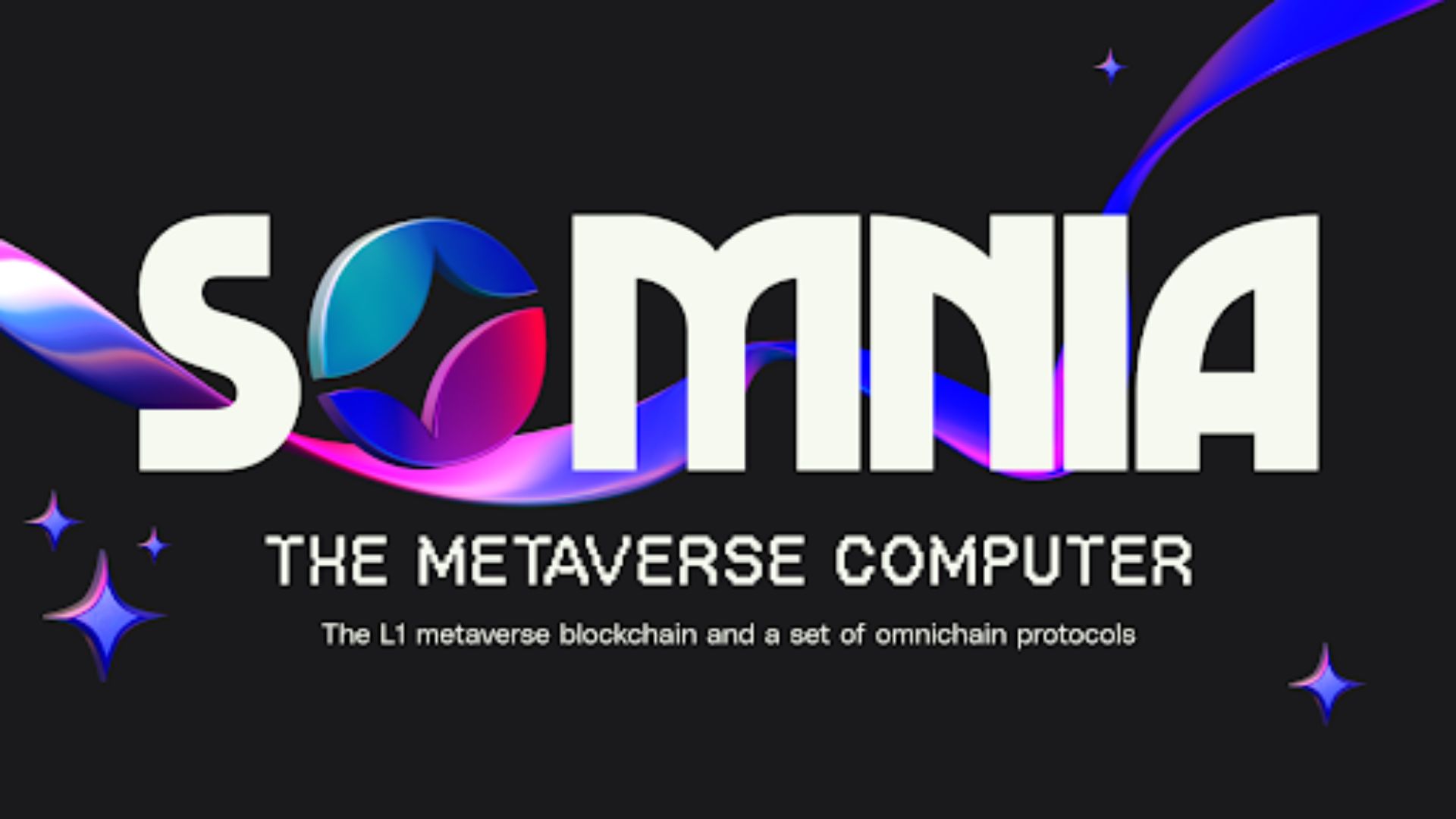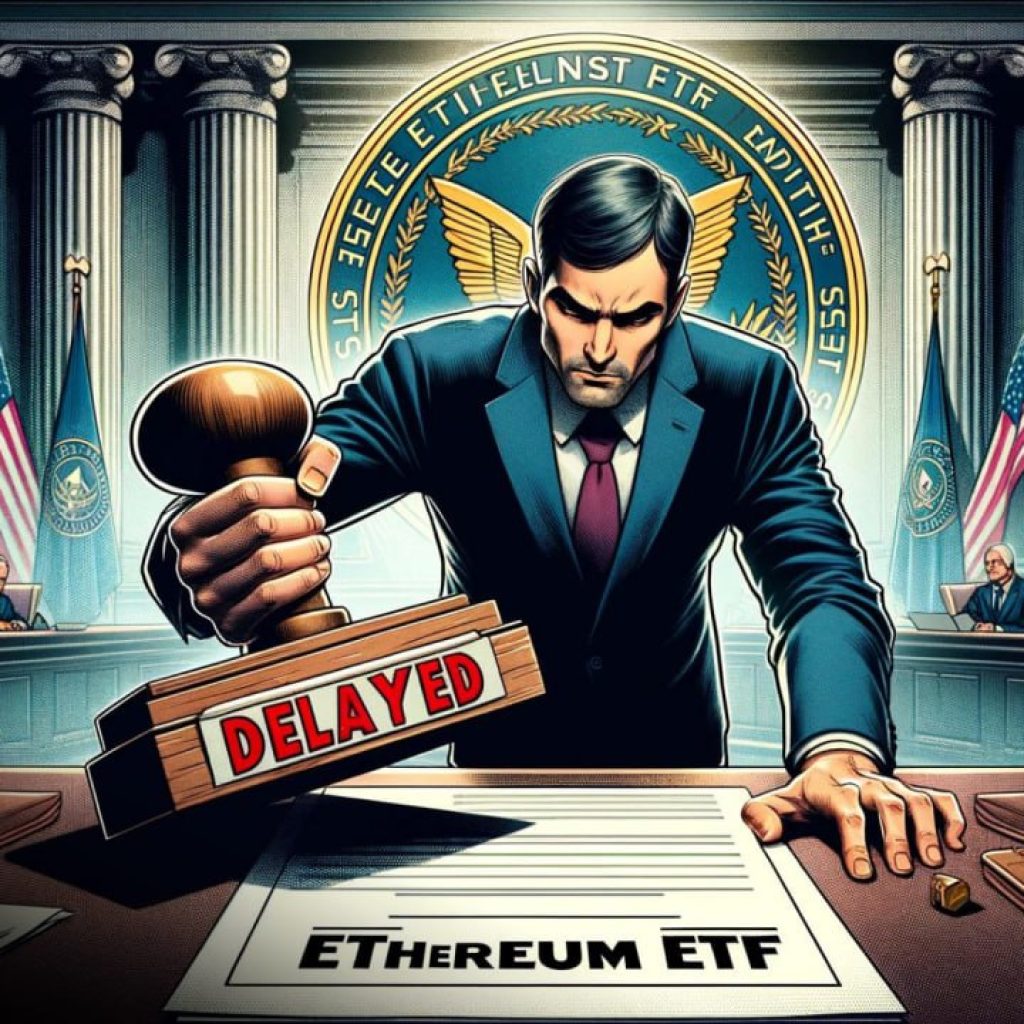-
The launch aims to connect the metaverse and incentivize builders.
-
Somnia will enhance the scalability and speed of transactions across the metaverse.
-
The launch of the Betanet protocol will allow thousands of users to attend events virtually.
With the goal of creating a unified and open virtual society, the independent metaverse-oriented Virtual Society Foundation (VSF) announced the launch of the Somnia project. According to the team’s statement, Somnia, an EVM-based L1 blockchain and a set of omnichains, aims to connect the metaverse into a unified virtual society, enhancing scalability and speed and incentivizing builders to create in the metaverse.
Somnia is designed for the next-generation metaverse to support millions of users globally while maintaining high speeds. This provides a solution for the long-running challenge of blockchain scalability, which is needed to operate a virtual society. Additionally, Somnia offers an interoperable platform, allowing users and creators to collaborate and share the value generated across the contributors across the platform.
Speaking on the launch of Somnia, Paul Thomas, the founder of Somnia, stated the platform will revolutionize the metaverse, offering more opportunities for social and creative ventures to take off in the blockchain space.
“The launch of Somnia is not just a massive step for the metaverse, but it’s also a game changer for blockchain technology as well,” Thomas added. “The protocols we are releasing will also enable the vision of a connected and composable metaverse which I hope will bring new community collaboration across the space."
Somnia has completed prototype tests, marking impressive speeds of hundreds of thousands of transactions per second with sub-second finality. Moreover, the interoperability of the protocol provides creators with a platform to build worlds and enables assets, commerce, and avatars to move effortlessly across different experiences.
Notwithstanding, NFT creators can also transform and upgrade their NFT collections into interoperable 3D objects that are compatible with metaverse experiences on the network. This provides more value and utility for their NFT collections, including in the metaverse, gaming titles, and NFT sector as well.
Crucially, Somnia introduces a novel incentivization mechanism for builders and creators om the platform. Users will be incentivized to share and remix content and also sell their avatars and objects across the metaverse. This creates economic opportunities for the users and the platform, ensuring value is shared across all participants in the ecosystem.
Finally, Somnia also announced the launch of its Betanet protocol that will be integrated into MSquared’s experience engine, Origin, a platform engineered by Improbable, the creator of VSF. Betanet is set to allow tens of thousands of metaverse users to participate in several music, gaming, and sporting events virtually. The users can also create interoperable avatars and establish their identity in the metaverse, which will be powered by Avaturn.
Disclaimer: This article is provided for informational purposes only. It is not offered or intended to be used as legal, tax, investment, financial, or other advice.





